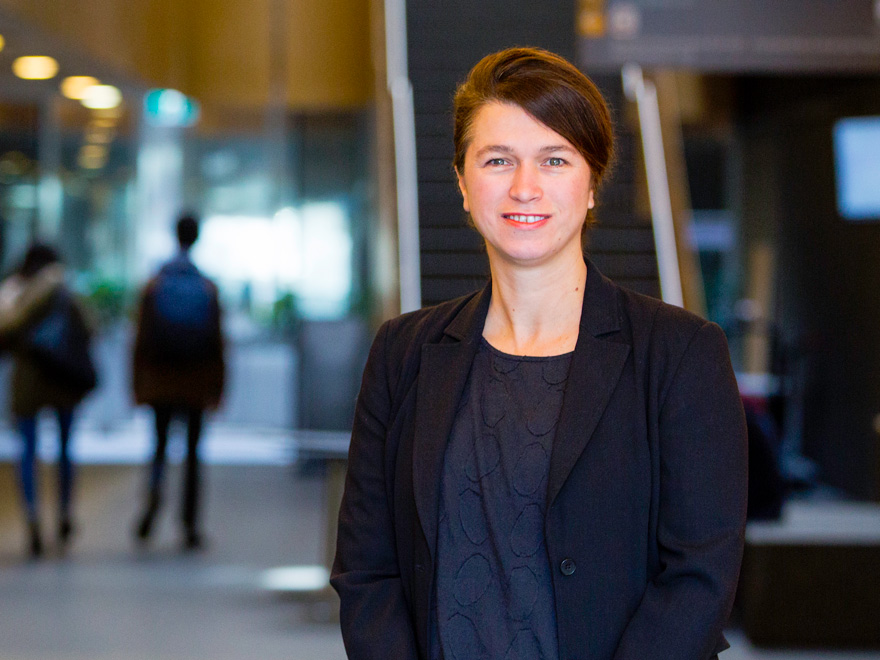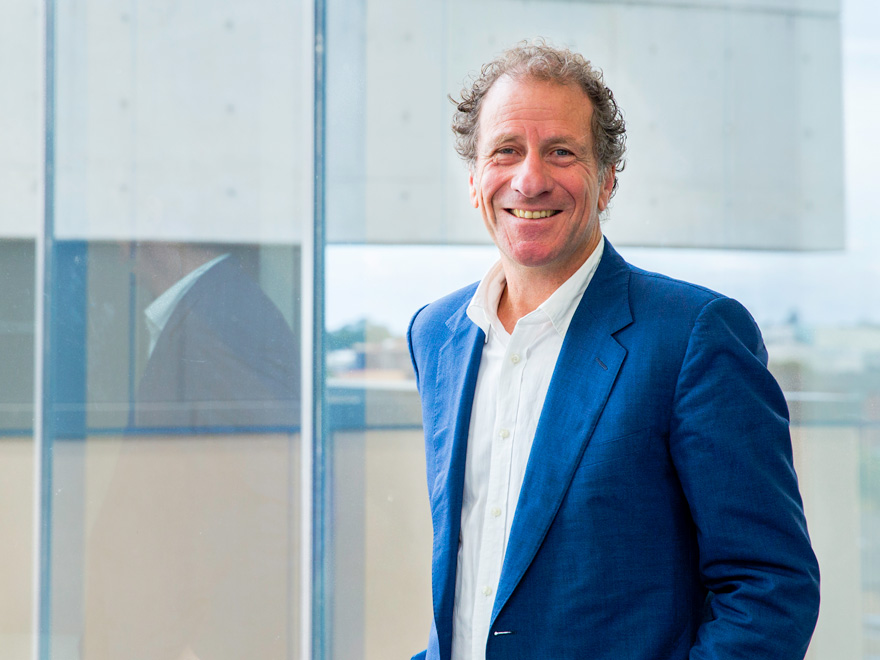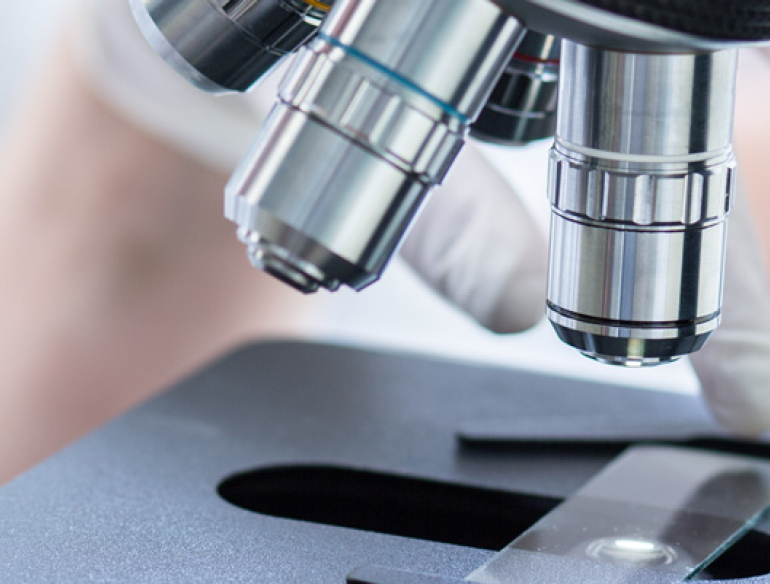Kirby Institute research on the sexual health and wellbeing of Australians, HPV vaccination in South African adolescent girls, and improving early treatment initiation for HIV has been supported by almost $4 million in the latest round of National Health and Medical Research Council (NHMRC) funding.
The grants scheme awarded a total of $526 million to Australian institutions for health and medical research. The latest recipients were announced today by the Minister for Health, the Honourable Greg Hunt.
The Kirby Institute is world-leading research centre for infectious diseases, exemplified by a strong record of success in NHMRC grants. In 2018, the Kirby Institute was awarded a total of $13M in NHMRC funding, with a success rate of 52%, which included 13 successful applications. This is a higher success rate than achieved by any organisation that administers NHMRC funding in Australia.

In this round of funding, Professor Rebecca Guy, Head of the Surveillance Evaluation and Research Program at the Kirby Institute received a grant to lead the third Australian Study of Health and Relationships (ASHR3). The study will survey the sexual and reproductive health knowledge, attitudes and behaviour of over 20,000 16–69 year olds across Australia.
“The last representative survey of the sexual and reproductive health of Australians was in 2012, and in this time there have been significant changes in the social, technological and medical aspects of sexual health,” says Professor Guy. Australia has seen a resurgence of gonorrhoea in the last decade and the HIV epidemic is changing, with declines in men who have sex with men, but stubborn stable rates in heterosexuals. There have been recent initiatives to assist prevention of unintended pregnancies, but barriers to uptake are still reported. There is also increasing recognition of sexual coercion as a public health problem and its long-term effects. “Our survey will provide information on a broad range of sexual and reproductive health outcomes, as well as new knowledge on contemporary issues,” said Professor Guy.
The ASHR3 survey builds on two previous surveys, the last one led by Professor Juliet Richters, and will provide time-trend data over 20 years. ASHR3 is a collaboration between the Kirby Institute, the University of Sydney and the University of Melbourne.

Scientia Professor John Kaldor, from the Kirby Institute’s Public Health Interventions Research Group, leads a team of Australian and South African investigators (primarily from the Witwatersrand Reproductive Health and HIV Institute) that received funding to investigate the impact of human papillomavirus (HPV) vaccination on prevalence of infection in South African adolescent girls. HPV is responsible for almost all cases of cervical cancer, one of the most frequently occurring cancers in the world.
“Australia was the first country to provide evidence of the population level effectiveness of the 3-dose HPV vaccine on levels of HPV infection,” said Professor Kaldor. “In 2014, South Africa became the first large African country to introduce a national schools-based vaccination program, based on a 2-dose vaccine. This means we have a unique opportunity in South Africa to provide a world-first assessment of the population level effectiveness this schedule. As part of this study, we will also introduce a 1-dose schedule, and compare its effectiveness to the 2-dose schedule.”
“South Africa is a socially and economically diverse country and has high levels of HIV infection which might affect how well the vaccine works to prevent HPV.” continued Professor Kaldor, “Through providing new knowledge on the impact of both 2 and 1 dose vaccinations in this setting, we will uncover important information to inform HPV vaccination programs in other low and middle-income countries.”
Also announced today, Dr Nicholas Medland from the Surveillance Evaluation and Research Program received funding to explore the evidence-practice gap in early HIV treatment initiation through a national audit-feedback and clinician support program. Mr Dillon Adam from the Kirby Institute’s Biosecurity Program received a postgraduate scholarship for his research using Bayesian phylogeography of viral pathogens of public health significance.
